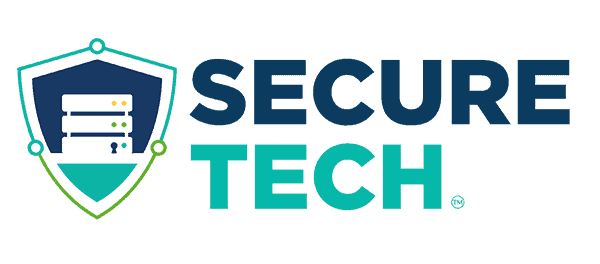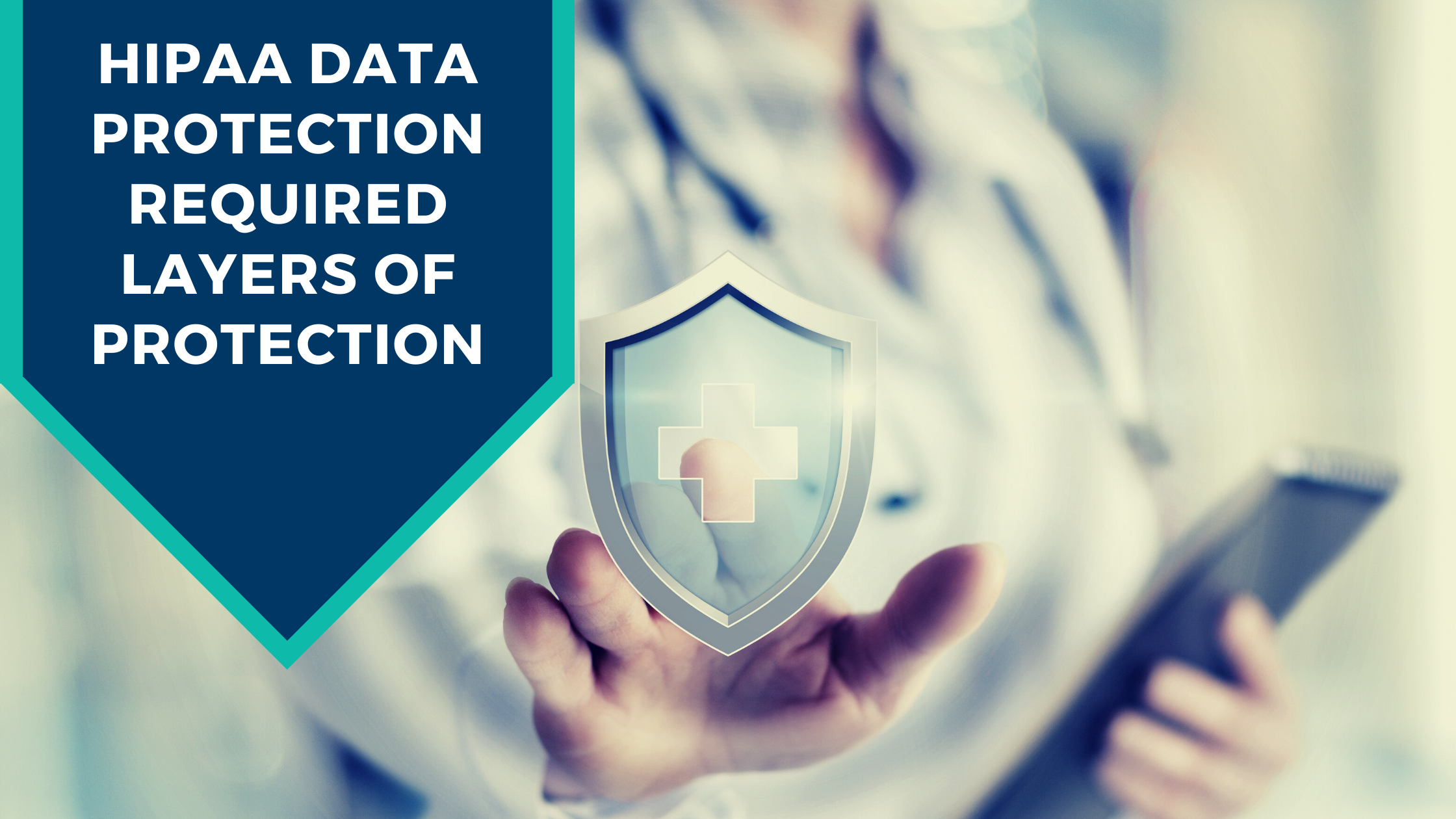HIPAA refers to established standards set by the United States to protect patient health information and medical records. HIPAA Data Protection involves safeguarding sensitive health data from being exposed without the patient’s agreement.
Covered entities and business associates who deal with personal health data and records of patients must be HIPAA compliant. A covered entity is a person who provides healthcare services or whose daily operations involve creating, managing, and storing Personal Health Information (PHI).
A business associate is a person who performs services involving PHI access for the covered entity. For instance, a business associate could be a lawyer, an IT provider, etc.
Data security is an enormous challenge faced by the healthcare sector. Cyber attackers recently shifted their focus from targeting other industries to healthcare. Consequently, cybersecurity has become a significant field of interest for many healthcare providers.
IT and HIPAA Data Protection
The increased level of cyber-attacks has made it quite difficult for healthcare providers to be HIPAA compliant. Sadly, most are still using old and ineffective technologies to manage their data, which opens more vulnerabilities.
How, then, does the health sector remain HIPAA compliant despite regular data breaches?
The answer is simple. Hire an IT service provider to manage and secure your sensitive data. There are multiple layers of HIPAA compliance that an in-house IT department might not have the resources to replicate. Hiring an IT service provider with the required expertise will help manage your compliance standards.
Layers of HIPAA Data Protection
There are four major HIPAA Data Protection requirements. They are:
HIPAA Security Rule
The HIPAA security rule contains regulations that must be adhered to, in order to protect electronically produced, processed, and stored health data.
This rule necessitates the covered entities to provide adequate security for the storage and sharing systems of the data. There are three sections of this rule:
- Technical Safeguards: This deals with the technology used to store and access the PHI. The rule mandates that the electronically stored PHI (ePHI) is always encrypted, whether at rest or in transit. So, if there is a breach, the data remains inaccessible.
Most IT providers have advanced technologies such as advanced firewalls, private cloud environments, etc., that can help provide data protection.
- Physical Safeguards: This stipulates how there should not be unauthorized access to the location of the ePHI.
- Administrative Safeguards: This involves assigning privacy and security officers to ensure measures to safeguard the data. Some IT providers are certified onsite privacy officers.
HIPAA Privacy Rule
This rule states how the PHI can be used and divulged. It also specifies that a written permission should be gotten from the patients before their health data is used for other purposes such as research. The rule further gives the patient authority over their health records.
HIPAA Breach Notification Rule
This requires that covered entities inform their patients when there is a data breach. The notification should include the following:
- who the intruder is
- the type of PHI involved
- whether the PHI was seen or acquired
- the actions taken by the covered entity to prevent a recurrence, and
- the steps the affected people should take to avoid potential danger.
Most IT providers have a real-time intrusion detection system that notifies them when there is an invasion. They also have the expertise to solve the cause of the breach and prevent a recurring event.
HIPAA Enforcement Rule
This rule includes the directives for complying with HIPAA standards, investigation, and penalties for non-compliance. It also states the monetary fines for covered entities who do not conform to the HIPAA standards.

